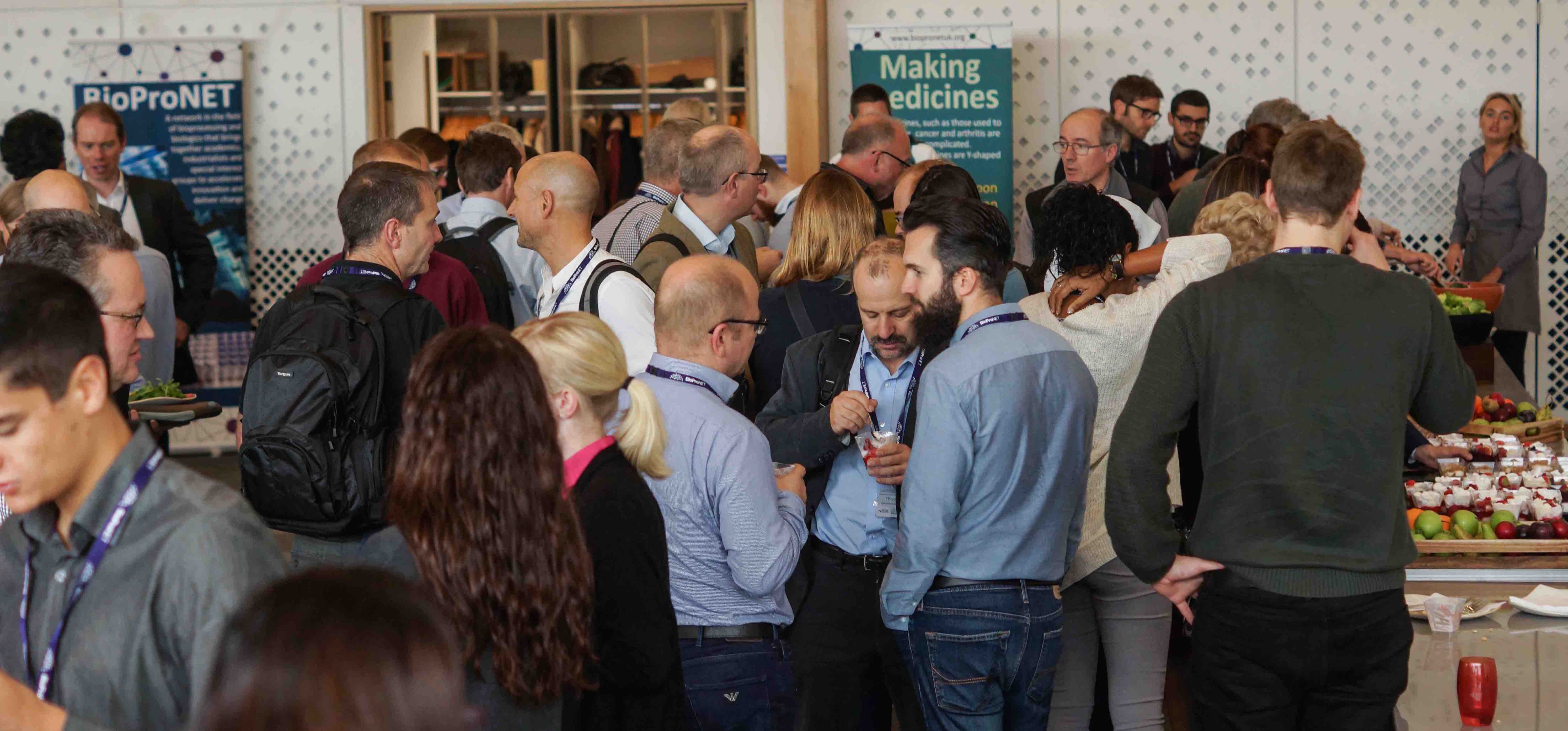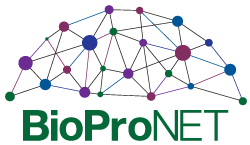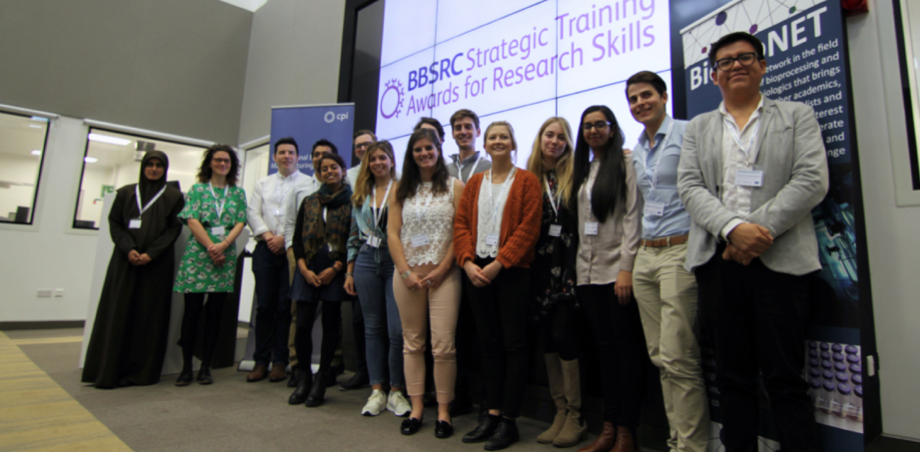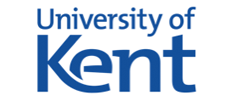Escherichia coli ‘TatExpress’ strains export several g/L human growth hormone to periplasm by the Tat pathway Guerrero Montero, I., Robinson, C. et al. Biotech. Bioeng. (2019 in press).
Web-based display of protein surface and pH-dependent properties for assessing the developability of biotherapeutics Hebditch M and Warwicker J. Scientific Reports 9, 1969 (2019) https://www.nature.com/articles/s41598-018-36950-8
Characterization of a novel method for the production of single-span membrane proteins in Escherichia coli Smith SM, Walker KL, Jones AS, Smith CJ, Robinson C. Biotechnol Bioeng. 116, 722-733 (2019) doi: 10.1002/bit.26895
Hybrid mass spectrometry methods reveal lot-to-lot differences and delineate the effects of glycosylation on the tertiary structure of Herceptin Rosie Upton, Perdita Barran et al. Chem. Sci., 2019, doi: 10.1039/C8SC05029E
Surface patches on recombinant erythropoietin predict protein solubility: engineering proteins to minimise aggregation M. Alejandro Carballo-Amador, Jim Warwicker et al. BMC Biotechnology 19, 26 (2019)
Biosensor-assisted engineering of a high-yield Pichia pastoris cell-free protein synthesis platform Rochelle Aw and Karen Polizzi Biotechnol Bioeng.116, 656–666 (2019) doi: 10.1002/bit.26901
A protein chimera strategy supports production of a model difficult-to-express recombinant target Hirra Hussain, James Winterburn et al.FEBS Letters 592, 2499–2511 (2018) https://febs.onlinelibrary.wiley.com/doi/pdf/10.1002/1873-3468.13170
Tailoring the performance of organic solvent nanofiltration membranes with biophenol coatings Fan Fei, Gyorgy Szekely et al. ACS Appl. Polym. Mater. 1 452–460 (2019)
Constrained global sensitivity analysis for bioprocess design space identification
Pavlos Kotidisa, Cleo Kontoravdi et al. Computers & Chemical Engineering 125, 558-568 (2019)
Integrated production and separation of biosurfactants Ben Dolman, Fuju Wang & James Winterburn. Process Biochemistry 83,1-8 (2019) https://doi.org/10.1016/j.procbio.2019.05.002
New perspectives on protein aggregation during biopharmaceutical development
Maryam Shah International Journal of Pharmaceutics 552, 1-6 (2018)
A protein chimera strategy supports production of a model difficult-to-express recombinant target Hirra Hussain, Alan Dickson et al. FEBS Letters592 2499–2511 (2018)
In vitro model for predicting bioavailability of subcutaneously injected monoclonal antibodies
Hanne Kinnunen Bown, Catherine Bonn, Stefan Yohe, Daniela Bumbaca Yadav, Thomas Patapoff, Ann Daugherty, Randall Mrsny
Journal of Controlled Release, Volume 273, Pages 13-20 10.1016/j.jconrel.2018.01.015
Continue Reading









